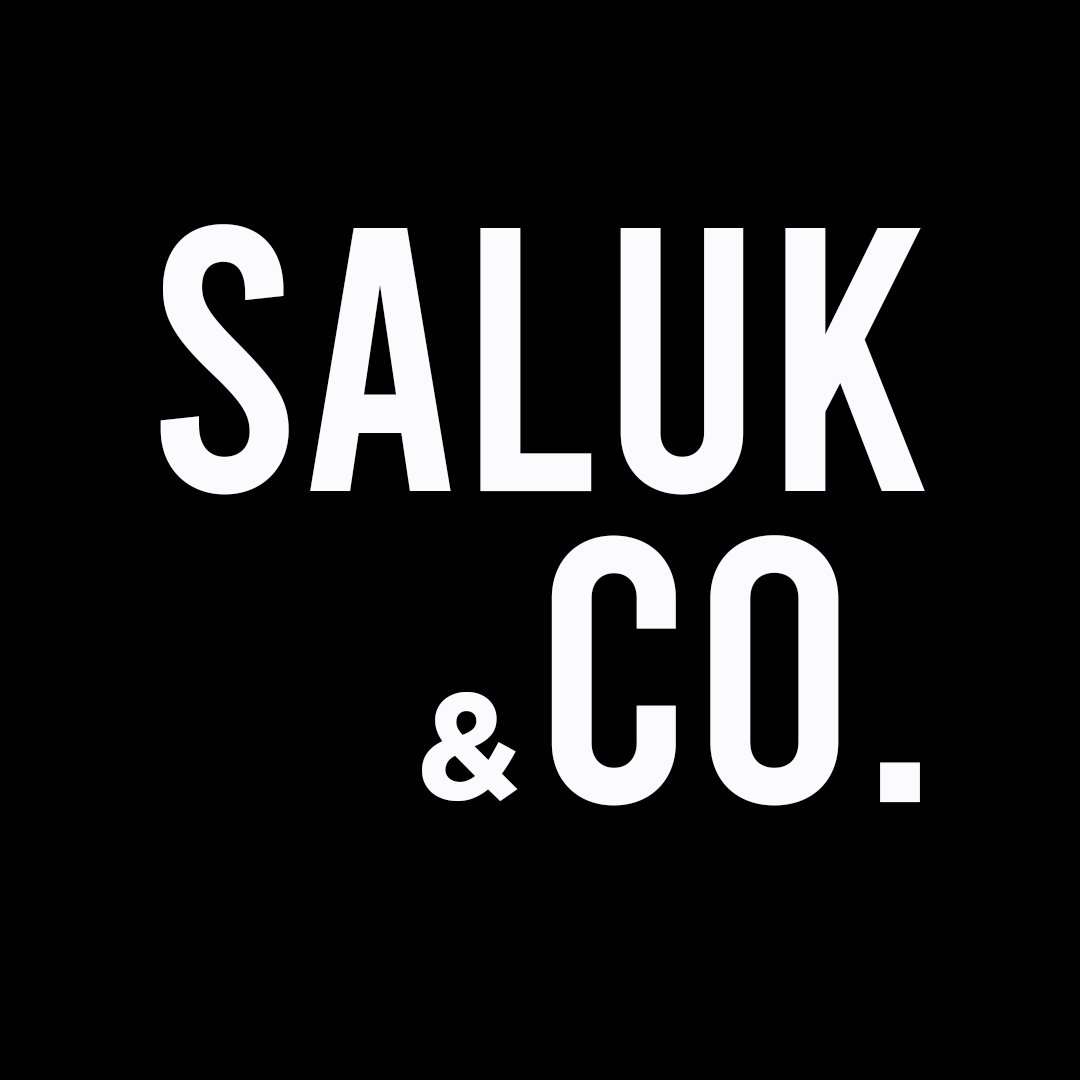MY _____________ CAN DO IT FOR CHEAPER.
There was a time that I was working at a very well-respected design studio. My role was managing the studio, as well as helping with new business development. We had a potential client come in one day. The person owned some international hotels. They were looking for digital design work to help promote the hotels, and help refresh the brand.
After some initial conversations, things were going swimmingly. Then, we started talking about scope and cost. A buzzkill, I know. After a parade of “Well, maybe we can do this.” and “I saw so and so do this.”, the client hit us with “You know…my nephew, goes to ______ College, and he can probably do this cheaper. He did some banner ads for us a few months ago.”
And with that, our conversation politely ended, and we went back to our silly little lives working on design strategy for Fortune 50 companies and clients who valued our work.
Advertising/Creative/Design is a unique profession. Outside of art & music, it’s the only profession I can immediately think of where subjectivity plays a major part in the decision-making process and success of the practician. Clients often don’t have the time, budget, or both to do one the most important part of the process…the research and strategy. There’s also this perception that technology can replace or replicate an experienced creative that has already conceptualized and executed ideas that generated results.
And when I say results, I mean results.
Not vanity numbers like social media likes that can be bought easier than the PGA.
Defined results, like Sales. Audience growth. Software downloads...MONEY.
Good luck getting there with just technology. (For the record, technology in itself is never the answer. It is a tool used to execute a great idea in the best way possible.)
A few times recently, in speaking with freelancers, and folks interested in starting their own shops, I’ve been asked “How do you work with a client who doesn’t understand the value of what we do?” This made me think through a few ways that have helped me communicate my value to clients. Here they are:
METRICS + EXPERIENCE
Marketing leaders today value metrics over everything (except maybe awards made out of gold animals). Even if you’re just starting your business, put together a package of not just your best work, but also data that shows how your work affected the business. Focus on the metrics that provide the most value to the client you are trying to reach. For instance, while most clients are interested in revenue-based metrics, there are startups looking for funding who are more interested in showing growing audience/users. Customize the data based on who you’re speaking with, and you’ll hopefully have a much more productive conversation about the work.
HOSPITALITY. NOT CUSTOMER SERVICE.
I’m a big restaurant guy. Love great food. Typically, I’m happiest with a hole-in-the-wall place that just serves delicious food. But there are times (wife’s birthday, client meeting) that I need something a bit more elevated, and I’m willing to pay a bit more for it. That’s when I look for a restaurant where the hospitality is so phenomenal, that it changes my perception from a dinner out, to a dining experience.
That’s our business in a nutshell. Yes, we have the work that gets results, but we always strive to make our clients feel like they also get the superlative client experience that makes them say “These are the people I trust. These are the people that will be there when I need them to deliver.”
That means, don’t just be an order taker. Have a position. Provide insight. Show that you can do more than just what you’re contracted to do. And most importantly, try to make your clients’ life easier by freeing them up to focus on their core functions.
SAY NO TO THE BAD CLIENTS. CHERISH THE GREAT ONES.
This is the one thing that I was always told by those much smarter than me, and of course, I always dismissed it. “How could I say no to work?” (Especially) When starting out, you want to take on every job. Whether it’s to validate yourself, or to make some money, the idea is that anything is better than nothing. But really, it’s an opportunity cost just like everything else in life.
If you have a client who cannot pay you the fee needed to do a project right, then you will take on more projects to make a living. Assuming that, when starting out, you’re on your own or have a small studio, taking on too many projects will dilute the time you put into each project. Unless you’re Good Will Hunting (stream it Gen Z), it will dilute the quality of the work. Ultimately, this hurts startups the most, because the initial work that comes out is substandard, and it hurts getting high quality clients in the future.
Similarly, if you have a client who is unable to give you the time needed to complete a project the right way, then you will rush the work, and the results will again be substandard.
Ultimately, I’ve found that clients (almost) entirely care about the finished product. The fact that you were able to bring in a project at the cheapest price or in a short time frame doesn’t matter if the client feels the work is substandard. This is why it’s essential to scope properly, have a good brief, to provide yourself with all the resources needed to deliver exceptional work.
The flip side of these is when you have a great client. This doesn’t mean a client that just says “yes” to everything that you want to do. But one that understands and respects your profession. A client that collaborates, shares information. A client that can tell you when they disagree with your creative direction and have an honest discussion why. These are relationships that you have to nurture and treasure, because they’re the ones that are ultimately going to be the ones that champion your business, and give you the opportunity to showcase work that will lead to other like-minded clients.
As a freelancer or studio-owner, you’re never going to win every pitch. Far from it. Our business is one where being able to deal with rejection is part of being successful. It can be demoralizing to lose out on a piece of business because someone is going to do work on spec, or to lose out to someone’s nephew who can do “it” cheaper.
I hope that if you, like me, love our crazy industry, you’ll find ways to differentiate your work and find those who value it the way that it deserves to be valued.



